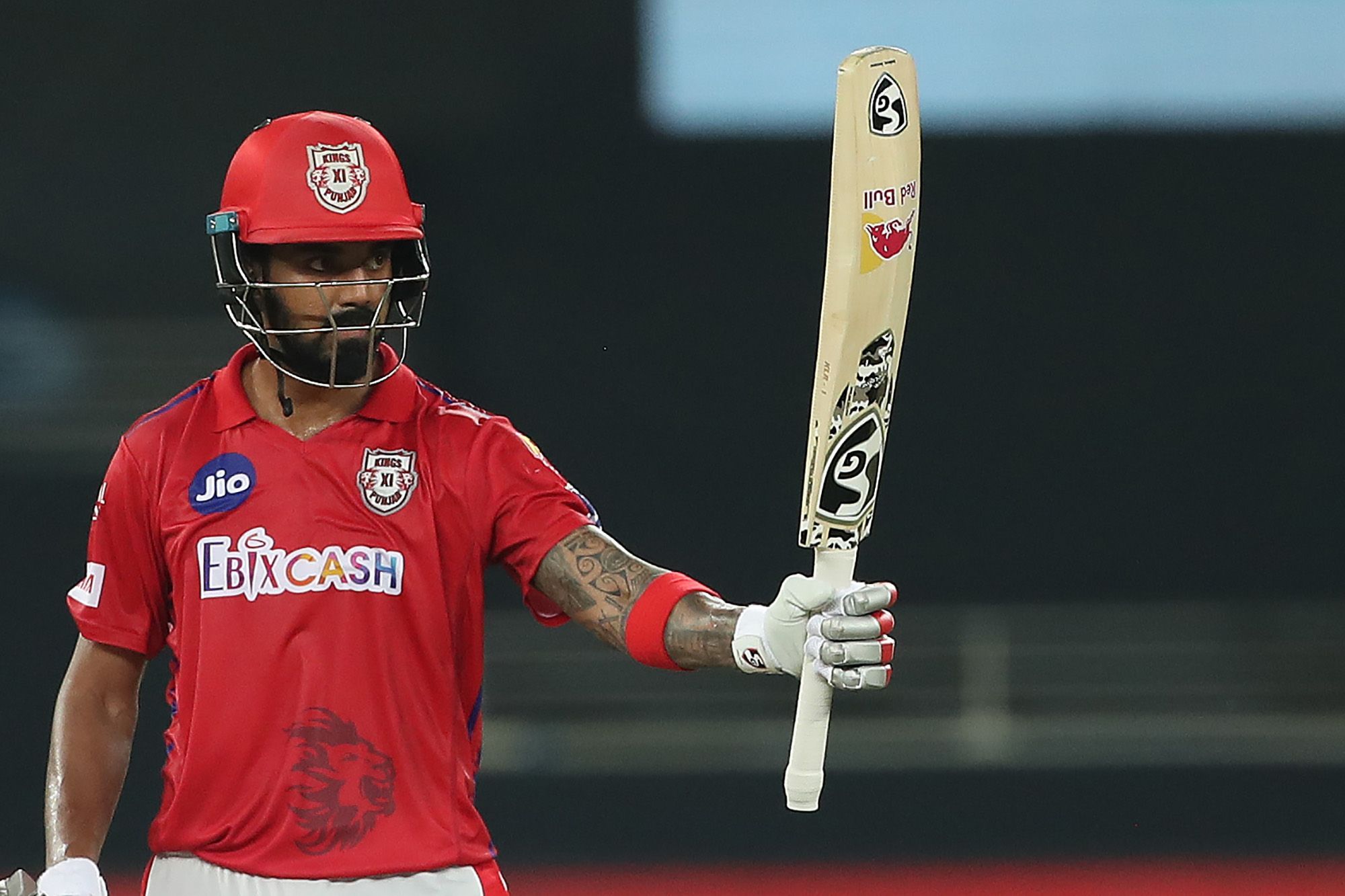It's time Punjab allow KL Rahul be the best batsman he can be
Frail and uninspiring - KL Rahul was a broken man after the loss to Chennai. You see him coming for the post-match interview with the host broadcaster and thus emerges a figure, mind in a distant place and no idea about what is haunting him internally. It is a state of mind difficult to decipher.

It was a 10-wicket shocker for Kings XI Punjab as Chennai, forgetting the debacle of the previous games, ensured the ball was sent out of the park by an out-of-form Shane Watson with uncanny accuracy that the Punjab bowlers would be left without an answer. As a captain, you don’t want to remember the thrashing that the team received, you don’t want to be there at all and squander into some unforgiving part. But that is the worst part about captaincy - You have to take it in your chin and move on. You have a bigger role to play than raving about the loss.
In 22 Yarns, a cricket podcast series run by the magnificent Gaurav Kapur, former KKR team director Joy Bhattacharjya spoke about how Brendon McCullum went up and attended the press conference for consecutive nine times as Kolkata lost nine games in a row. He took the blame on himself, kept the team away from the glare of media scrutiny and ensured the team morale never goes down. It was a lesson in leadership.
“Players like Jacques Kallis and Gautam Gambhir brought something different to the team, brought that spirit to the team and those were the kind of people that we would choose for the next time, the kind of people who would shed blood for KKR. It doesn’t matter whether they win or lose because no team can win everyday. But they must be prepared to fight every minute for the team,” Bhattacharjya told SportsCafe later in an exclusive conversation.
It is, in a way, a dichotomy that Rahul finds himself in. He is the backbone of the Punjab line-up, the batting mainstay on whom the team’s fortunes depend - he has to score runs, he has to keep wicket for the balance of the side and he has to ensure every single strategy pays off. No matter the result, he will also have to front the media and the camera, which lays bare all the frailties in High Definition. And to become that person, you need to be mentally tough and not get affected by the things happening around you. While there is no question about his quality and what he can do with a bat in hand, you get a sense that Rahul is affected way too much by the result - a constant in his cricket career for the last few years.
Wander your mind back to the England series in 2018. After a successful T20 series, when he became the second Indian batsman after Rohit Sharma to score two T20 centuries, the Test series saw a completely different avatar. Every time Stuart Broad, Sam Curran and James Anderson brought the ball back into him, he was in a completely different zone - a pale shadow of his 2016 and 2017 self when he used to punish the induckers with an insane regularity. Mentally, he was drained and by the time the Australia series came along, he knew that Test cricket would not be his cup of tea. Mayank Agarwal duly replaced him and he could only play a couple of Test matches after that.
That phase of Test downfall, however, brought about a revolution in his limited-overs batting though. In the 2018 IPL, he had the freedom to go bonkers with an in-form Chris Gayle on his side and scored at an SR of 157.58 inside the powerplay. And it is not a coincidence when he batted with freedom, he maximised the output as a batsman. In the following two editions of the league, his batting is more to preserve the side’s identity, which has made him a reticent batsman - in 2019, his strike rate was a mere 120.83 in the powerplay phase and in the ongoing edition, it is 113.3. That tells more about his muddled approach, defined by no clear-cut philosophy.
"Strike-rates are very, very overrated. For me, it's only about how I can win games for my team. And if on a certain day I think a strike-rate of 120 can win the game for my team, I will do that. This is how I bat and I would like to take responsibility as a leader. We all make mistakes, I'm not saying I have not made a few mistakes but you learn each day as a leader, as a batter,” Rahul said in the press conference after the game against Sunrisers Hyderabad.
"It's a partnership. When we are out in the middle as a batting group, every player has a role in the team and those roles can change in the middle with each game so I try to do the best I can for the team, try and assess the situation and play according to that. For me, at the end of the day, I need to walk out of the ground knowing that I've tried to win the game."
This is the thought-process that has stemmed from the assumption that Rahul has to be reticent in order to mask the middle-order problems, compounded by Glenn Maxwell’s patchy form and then the lack of clarity provided to extremely-talented prodigious Sarfaraz Khan. It forced Rahul to bat through and the lack of acceleration meant Punjab suffered more than any other team even though the purple cap is firmly on their skipper’s head. Surely, this is not something we all expected after a masterclass of an auction last time, helmed by Anil Kumble.
Maybe Punjab can give this year a pass - they have to win at least seven of their last eight games to have a sure-shot crack at the playoffs, which is a high case of improbability - but they need to plan out accordingly and relive Rahul off the captaincy. Such a move will not be a disrespect to Rahul, a short-format batsman extraordinary, but a move that will free himself up for a bountiful future. Rahul is far better than what we are seeing now and it is time Punjab let him be the best version he can be.

Comments
Sign up or log in to your account to leave comments and reactions
0 Comments